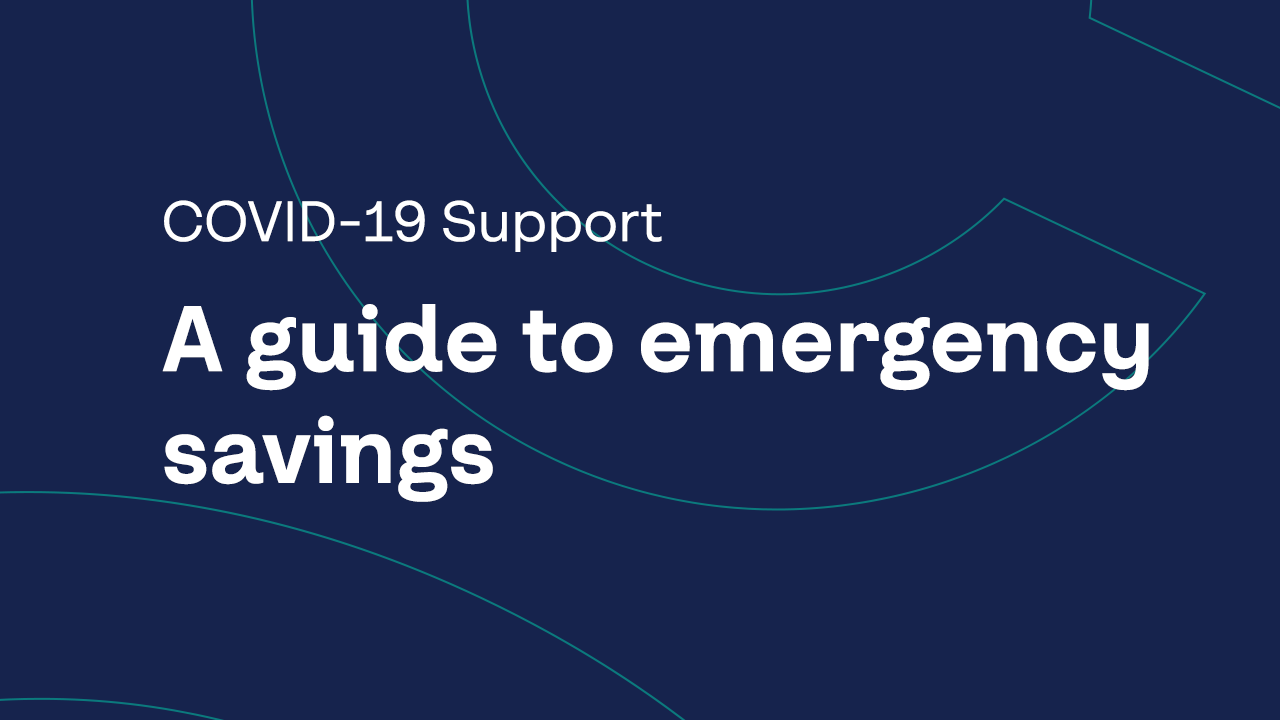Three words: retirement is coming
Your fifties are an important decade. You’re near enough to retirement to feel its hot breath on your neck. You are potentially in your peak earning years in your career. If your children are finally on their own, your household expenses may be lighter than they’ve been in decades. Mortgage debt should be declining, if not paid off already (lucky you).
While leisurely days at the golf range in Florida and weekday dinner parties are in sight, these peak years of your life are also a peak chance for saving and investing your money. Life is changing, and it’s good to review your priorities as they are likely shifting as well.
A recent Canadian retirement survey found that while 42 percent of working Canadians have a plan for their retirement, 30 percent have not yet set aside any money for it. But by making smart saving decisions and paying off debt now, you’ll be more equipped to retire on top of the pack and not end up as a statistic. Here’s some advice for investing in your 50s and 60s.
Make a list, and check it twice
Start off by creating a ‘retirement readiness’ checklist. Take inventory of your current savings balances, RRSPs, TFSAs, debt, insurance policies, private and government pensions.
Next, analyze it. Are the reasons that you originally got each of these plans and policies still valid? Do changes need to be made as your phase of life is changing?
For example, any investments that you made in your 30s and 40s were likely put in accounts that were more susceptible to the ebbs and flows of the market. Investments often go up and down in value, and when you were younger, you had more time to make up for potential losses if the cookie crumbled that way. However, this is the time to reconsider where those investments are going – think lower risk for more security.
Review your spending
Take some time to review your spending plan. How much each month is required to keep up your lifestyle? How about every year? Factor in regular payments (like phone bills or mortgage payments) as well as day-to-day expenses like groceries, gas, and fun stuff. Your current plan is likely the closest it will be to your retirement spending plan, minus any saving you currently do.
Based on your spending plan, how long will your savings and investments last once you start to draw it down? If you’re sweating a bit over the time (or lack of it) you have before retirement, don’t worry just yet. Generally you have a few options:
- Increase your savings. Can you afford to add a little more to your savings on a regular basis? Even an extra $100 investment each month can add up to thousands of dollars you wouldn’t have had otherwise.
- Increase your returns. Is the asset mix in your investments still relevant? While making higher risk investments is… well… risky, can you afford to increase the risk to get you to the return you need?
- Increase the amount of time before you start drawing from your savings. Are you able to delay your full retirement to allow your investments to grow for a while? That could mean finding contract or consulting work on the side to earn a little bit more money, or cutting back on certain monthly expenses (like that bi-monthly jaunt to Whistler every winter).
Don’t forget about debt
We’ll all need to use credit on occasion, but be careful not to rack up debt. In 2009, one in three Canadian retirees held mortgage or consumer debt. Although retired Canadians carry lower debt than the working population, paying it can take longer – and that means more accumulated interest.
The best way to avoid debt is to save. But if you’re currently struggling, create a plan that decreases your expenses.
Get a helping hand planning for retirement
If any of these questions were hard to answer, consider working with a Financial Planner to help you get the most out of the final stretch pre-retirement. They’ll also prepare a solid plan for you during retirement.



